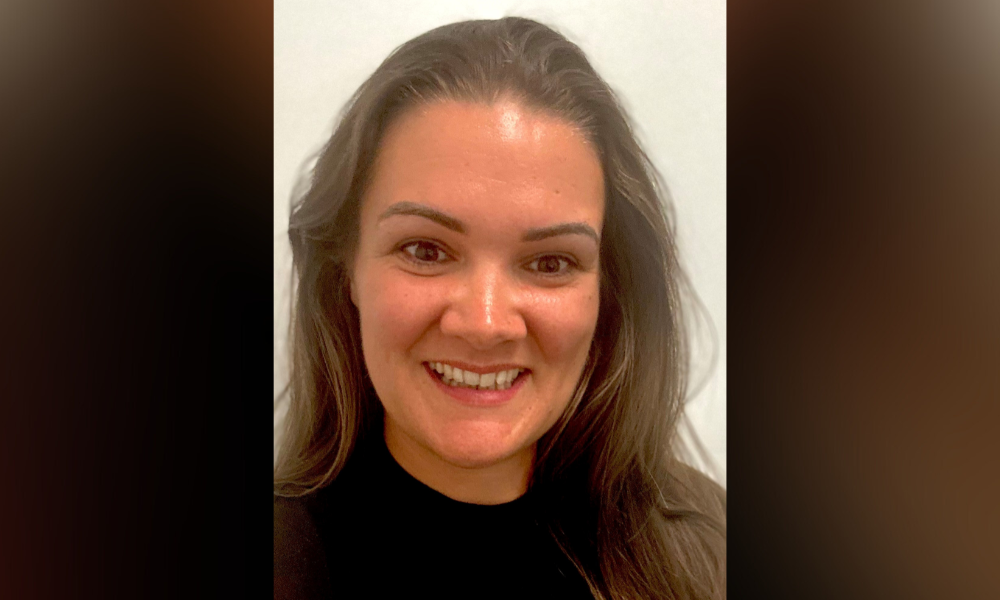
'It really encouraged employees to think of smarter ways of working,' says HR leader at Fliway

In an era characterised by technological advancements, evolving work dynamics, and an increased emphasis on work-life balance, the traditional 40-hour work week faces unprecedented scrutiny, yet our commitment to this standard endures.
“We have historically always delivered work based on time; however, what one person can achieve in an hour is very different to another,” said Natasha Holloway, General Manager - HR, Safety & Communications at Fliway.
Natasha Holloway was recognized as one of the Best HR Executives in New Zealand. Check out all the winners here.
“Typically, those that are more efficient with their time get given more work to fill the time, which leads to excessive workloads and large gaps in performance from employee to employee,” she continued.
At Fliway, the large freight and logistics division of NZ Post, Holloway has abandoned timekeeping in favour of an outcomes-based approach to performance management. This shift focuses solely on the outcome an employee has achieved, rendering the time taken irrelevant.
There’s a simplicity to this approach, Holloway said.
“This is what I've employed this person to do, and this is what I'm expecting them to deliver. So, once they've delivered it, why can't they go home? Or how they deliver it, why does that matter?
“I’m a firm believer in empowering my own people to make their own choices, and their own decisions, but then also, their own mistakes, and to learn from them.”
However, propelling the radical concept forward was not without its hurdles. Holloway found that the default approach to work hours is deeply entrenched in the workforce psyche.
“It’s a very alien idea to this business. When I ran it past my boss, I thought he was going to go into cardiac arrest," she revealed. “The senior leadership team was like, ‘If we pay people for 40 hours a week, why aren’t they working 40 hours?’”
Despite initial scepticism, Holloway received approval to implement the idea. To her surprise, even employees struggled to grasp the concept.
“It’d be a Friday afternoon, and people had finished their work for the week, but they’d stand around and chat for an hour because they didn’t finish until five.”
As the office adapted to newfound flexibility, the benefits became apparent, she said.
“It really encouraged employees to think of smarter ways of working, because once they’ve done their work, they can get on with their weekend.”
At Fliway, the outcomes-based performance management relies on a list of accountabilities and responsibilities that each leader takes charge of and delegates throughout their team.
“Once they have their list, they're wholly responsible for it, and how they deliver that is completely up to them — what days, what times — as long as they’re delivering it, they can do whatever,” she said.
To ensure alignment with organisational goals, strategic objectives are set collaboratively, linking individual and team goals to the company's overarching priorities. Fliway employs a performance management system that considers both core job responsibilities and proactive project work.
“We rank between one and five in our performance management. If a member of my team does what they're employed to do, that's a three because that's what you've been employed to do; then if they do the additional strategic goals and objectives on top of that, they can get a four or five depending on if they completed them or not,” explained Holloway.
For HR leaders considering an outcomes-based approach, she stressed the importance of securing buy-in from leaders at all levels and documenting clear expectations and outcomes for each role.
“The most significant thing about being a HR Leader is that we get to create an environment that our people enjoy working in. Too many people dread going into work or have terrible experiences while working - as HR leaders, we can make a real difference to everyone in our workforce and ensure that they are treated fairly, included and have a platform to grow and develop.”